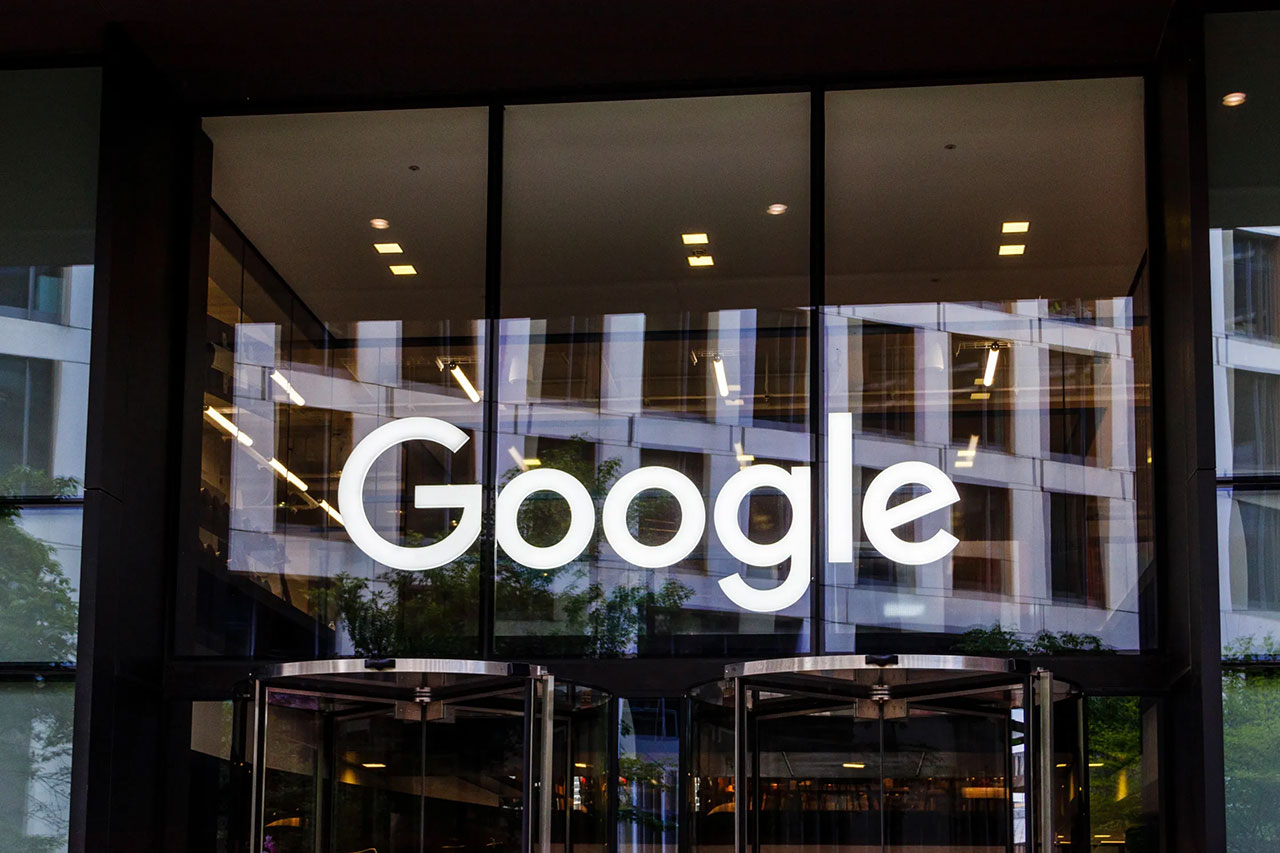The digitalization of public services promises convenience and savings, but in practice it forces governments to choose: modernize their infrastructure at the risk of losing control over data, or preserve sovereignty at the cost of slower updates. London’s deal with Google and Brussels’ agreement with Microsoft revealed that the issue of storing and accessing information has become not only technical but geopolitical—and that citizens’ data are turning into a strategic asset, on par with energy or raw materials. Society’s dependence on digital technologies deepens every day. The more domains move online, the more data we generate—medical records, financial transactions, consumer habits. The volume of information on the internet doubles roughly every three years. Governments too are moving services online—from tax filings to medical files. In theory this should make processes faster and cheaper, but the reality is more complex. London’s new contract with Google made clear that even advanced economies face the same dilemma: modernization or control over their data. Under the terms of the deal, vast troves of information will be stored in the United States. Microsoft has already acknowledged that it cannot guarantee full autonomy to clients in France—or across the EU—if Washington demands access…
… Continue here



It’s so crazy to me that the EU has even let the situation progress this far. It seems like such an obvious espionage risk. Especially since I feel like even a modestly funded grants program for some European tech alternatives would probably be eaten up by devs and VCs in Europe. Like who wouldn’t want a chance to become “The Google of Europe”? Maybe wouldn’t even need to be grants but some sort of weird competitive prize. Like “first one to build cloud data storage service with 50000 active users gets €1M” (but with a lot more terms and conditions to make it not so rigged of course).
Like the U.S is so antsy about Tiktok, and China and Russia have clearly had major foresight. Everyone laughed at “wannabe” Yandex etc. Treating these services like petty nationalistic off-brands when they’re clearly something more. Who’s laughing now?
We all bought into the open, global internet because the US government was supposed to be protected from exactly what the GOP are doing.
China, Russia et al. created their firewalls to prevent open and free communication.
In regards to Espionage, it was pretty clear since more than a decade, probably two decades, that the US would not be the beacon of an open internet.
But we’re allies, allies would never…